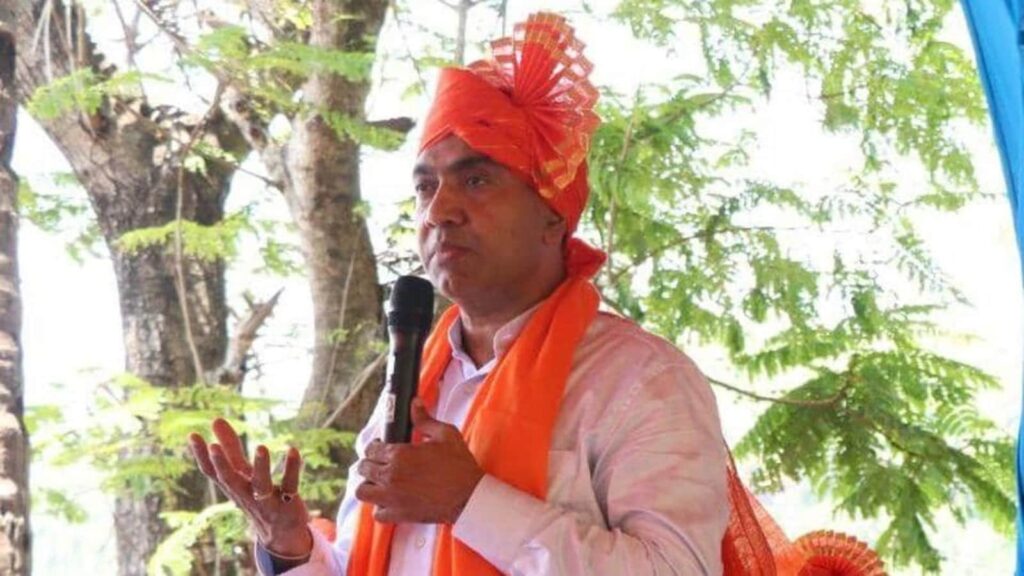In Goa, memories of Portugal waft everywhere – from the idyllic villages and imposing cathedrals, to its festivals, delectable cuisine and spirits of choice. Since 1961, when Goa became a part of India, residents of this small but exquisite part of India have assimilated all the myriad strands of heritage into a beautiful patchwork of culture that is both unique, uniquely Indian, and distinctively global. Now, the government wants to step in.
This newspaper reported on Wednesday that chief minister (CM) Pramod Sawant called for “wiping away” the remains of Portuguese culture and said that his government was planning to chart a new journey for the coastal state. His statement sparked a political row with the Congress questioning his understanding of history.
Grappling with history is a tricky matter, especially for governments that are designed to deal in the broad-brush strokes of today, not the nuances of finer shades of yesteryear. As a Portuguese colony since the early 16th century, Goa has a rich and complicated past that cannot be undone by bureaucratic action, because its influences animate its living history.
It has created a unique selling point for its tourism industry, which employs a third of the state’s population. Mr Sawant may have a point when he wants to resurrect structures of Hindu religion that he claims were destroyed, and preserve historical places such as Betul Fort, a 17th century structure built by Chhatrapati Shivaji Maharaj, but this can be done without taking a wrecking ball to the syncretic culture of the state. Brutal colonial legacies best get erased when they’re allowed to fuse and fade organically. No one knows this better than the Goans.
Enjoy unlimited digital access with HT Premium
Subscribe Now to continue reading


